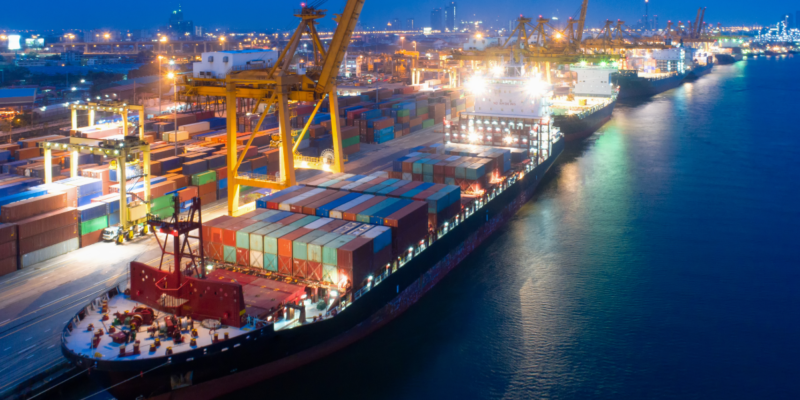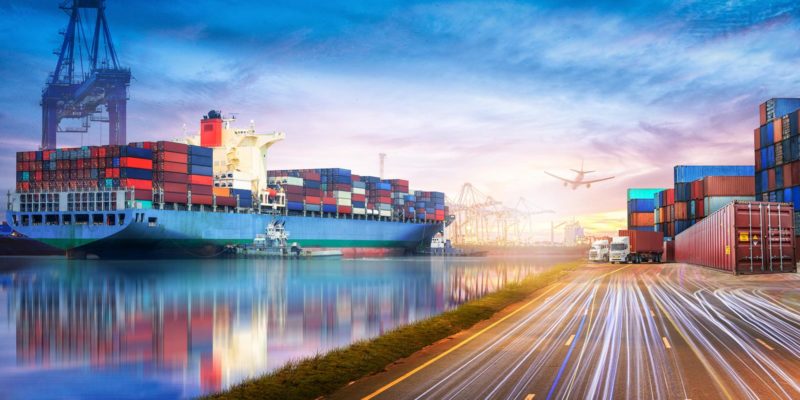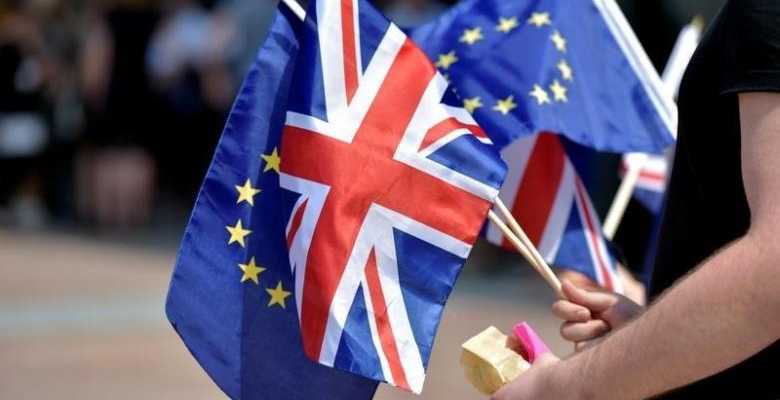Parallel importing just got easier!
There has been a significant amendment to the Trade Marks Act 1995 which further entrenches the legality of parallel imports in Australia. Until recently, s123 of the Trade Marks Act 1995 provided a defence to parties (including importers) using a trade mark to sell or import goods where the trade mark had been applied with…




